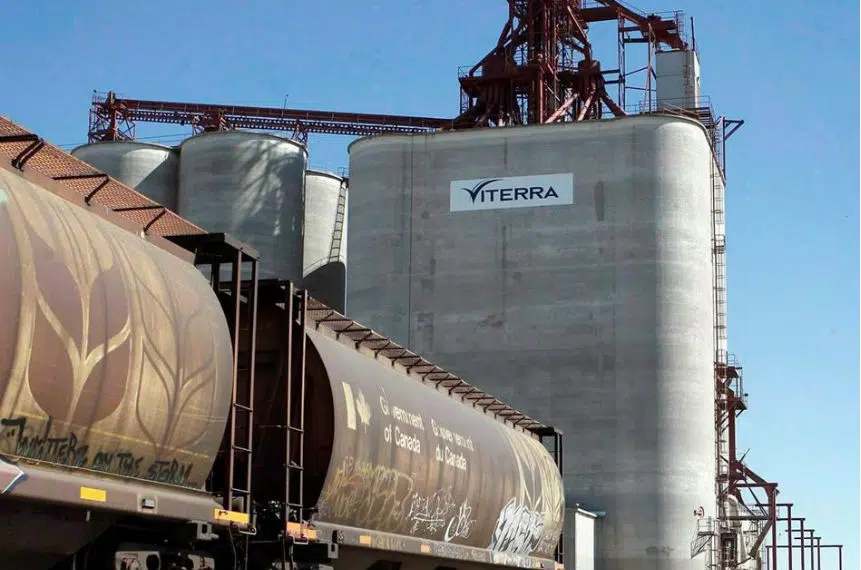Alberta Premier Rachel Notley says Canada will continue to have trouble moving grain across the country unless more oil pipelines are built.
Notley says moving oil by rail means there are fewer trains to ship grain for export.
Grain shipments in Canada have been delayed for the second time in four years as railways grapple with a larger-than-expected grain crop and extreme winter weather.
Saskatchewan Premier Scott Moe has said producers are struggling to pay their bills because their grain isn’t moving.
Notley says such transportation bottlenecks will continue as long as grain has to compete with oil for rail space.
She says the solution is to get more oil flowing through pipelines.
Having oil shipped by rail isn’t good for anyone’s bottom line, Notley said.
“The minute we get (oil and gas products) on to rail, we start selling them at a massive discount,” Notley said Thursday in Lethbridge.
“That’s not good. Meanwhile, the other folks that need rail start losing their profit margin because they’re having to bid up in order to get access — big consequences to the whole country. That’s why we need to operate like a country.”
Alberta is locking horns with British Columbia over the expansion of the Trans Mountain pipeline which would triple the amount of diluted bitumen from Alberta to Burnaby’s port for shipment overseas.
The federal government approved the pipeline expansion in 2016, but the project faces significant opposition in B.C. Thousands of people have rallied in protest and the provincial government has raised concerns about the pipeline’s possible environmental and economic impact.
Premier John Horgan is seeking a legal ruling on whether his province can restrict increased amounts of oil from coming into B.C. while his government reviews oil-spill safety measures.
Notley has said her government will introduce legislation later this session which would give it the option to turn off the oil taps to B.C.
“This pipeline has national implications,” Notley said. “It is in the national interest. It impacts all sectors of the economy.
“We are committed to ensuring that it gets built.”







